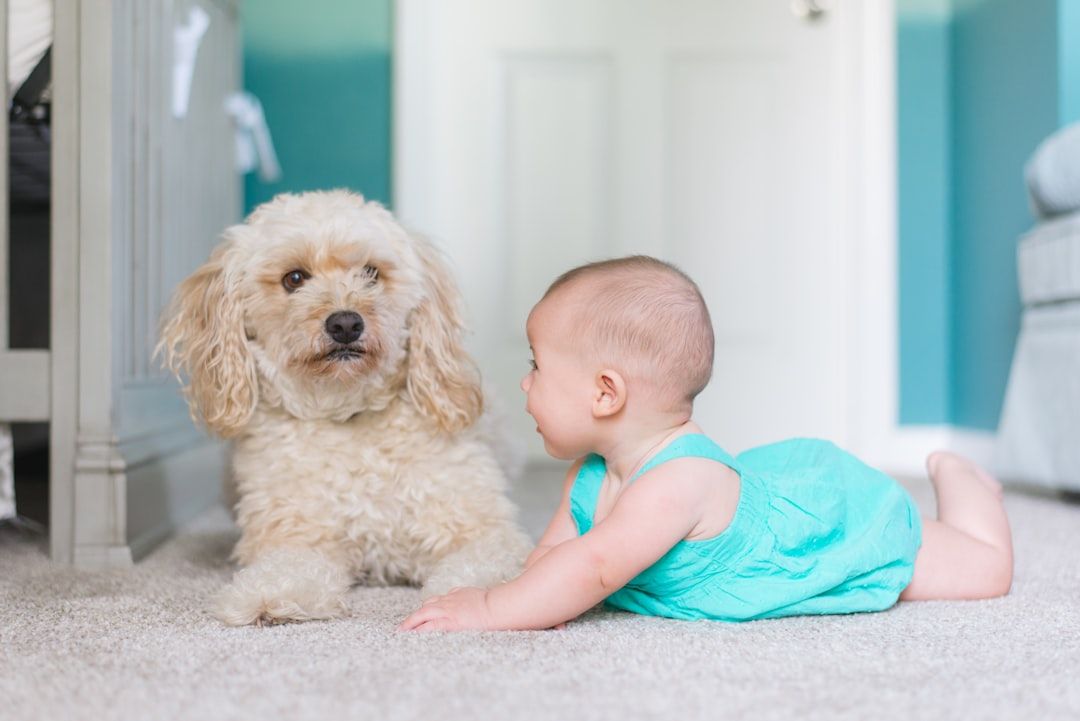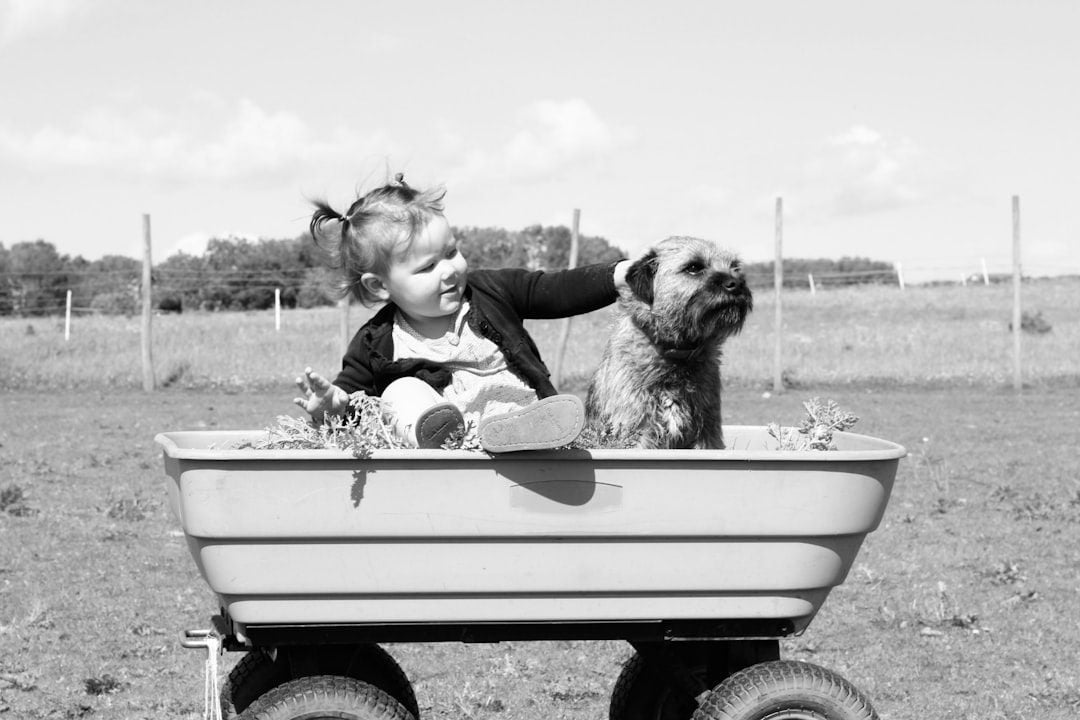Introduction
Childhood is a magical time filled with laughter, learning, and growth. One of the most enriching experiences a child can have is growing up with a pet dog. The bond between a child and their canine companion can provide countless benefits, from fostering a sense of responsibility to promoting physical and emotional well-being. In this blog post, we will explore the many advantages of having a pet dog during childhood.

Nurturing Responsibility and Empathy
One of the most important life lessons a child can learn is how to care for another living being. Having a pet dog provides a unique opportunity for children to develop a sense of responsibility and empathy. From feeding and grooming to exercising and cleaning up after their furry friend, children learn the importance of putting another’s needs before their own. This nurturing behavior can translate into more empathetic and compassionate adults.
Boosting Physical Activity
In today’s world of technology and sedentary lifestyles, it’s more important than ever to encourage children to stay active. Dogs require regular exercise, and this need can inspire children to get up and move. From daily walks to games of fetch, children with pet dogs often enjoy increased physical activity levels, which can lead to better overall health and fitness.

Enhancing Social Skills and Confidence
Interacting with a pet dog can help children develop essential social skills and boost their confidence. Dogs are non-judgmental and provide unconditional love, which can make children feel more secure and self-assured. Additionally, taking a dog for a walk or to the park can lead to interactions with other dog owners and children, helping kids develop their communication and social skills.
Reducing Stress and Anxiety
Research has shown that spending time with a pet dog can have a calming effect on both children and adults. Petting or cuddling a dog can lower stress levels and reduce anxiety, promoting a sense of relaxation and well-being. For children who may struggle with anxiety or emotional regulation, a pet dog can provide a comforting and soothing presence.

Improving Cognitive Development
Having a pet dog can also contribute to a child’s cognitive development. Studies have shown that children who grow up with pets tend to have better language skills, as they often talk to and interact with their pets. Additionally, caring for a dog can help children develop problem-solving skills, as they learn to navigate various challenges and situations with their canine companion.
Teaching Life Lessons
Finally, growing up with a pet dog can expose children to valuable life lessons. Experiencing the life cycle of a pet, from puppyhood to old age, can help children develop a deeper understanding of the concepts of love, loss, and the circle of life. These experiences can help shape a child’s character and emotional resilience.

Conclusion
In conclusion, having a pet dog during childhood can provide numerous benefits that extend far beyond companionship. From nurturing responsibility and empathy to promoting physical activity and emotional well-being, the bond between a child and their canine companion can help shape a happy, healthy, and well-rounded individual. So, if you’re considering adding a furry friend to your family, know that you’re not only gaining a loyal companion but also providing your child with invaluable life lessons and experiences.
